In this article
View 3 More +You’ve likely heard about many types of detox programs out there for people. It seems like there’s one for every lifestyle and budget. In fact, detoxing has spilled over into the pet world! But can cats benefit from a detox? What does it involve?
We’re here to fill you in on the details about detox for cats so you can decide with a vet if it’s something that you want your feline friend to undertake.

What Is Detox for Cats and How Does It Work?
Healthy bodies have natural detoxing mechanisms. They sweat, pee, or poop out toxins before they can cause any harm. While this works fairly well most of the time, it may not completely eliminate all toxins, or the body might be impaired in a way that it doesn’t do a thorough job. In those cases, a clarifying boost may be needed. That’s where detoxing can come in.
Detoxing entails ingesting various herbs and vitamins, along with plenty of fluids, to essentially flush out the body. This may be a one-off treatment or a continuing regime of supplements, depending on the cat’s condition. The specific herbs and vitamins can help extract the toxins and force them out of a cat’s body, in order to prevent further damage and make the kitty feel better.
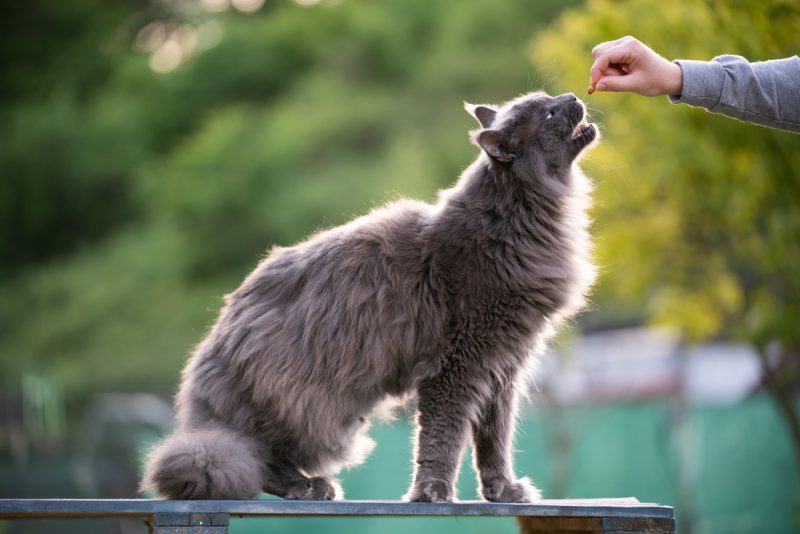
Do Cats Need to Detox?
No matter how hard you may try to protect your cat, they’re exposed to toxins every day. Things like fertilizers and herbicides that you use on your lawn and pollution and smoke from the air can make their way into your cat’s body, even if they don’t venture outside much.
Indoors, your cat can be exposed to cleaning and laundry chemicals and airborne chemicals from cookware. Even vaccinations and preventative medications can leave behind a certain amount of toxic residue. Of course, these are usually cleared from the body, so we still highly recommend vaccinations and preventative medications for your healthy kitty.
Every animal and human comes in contact with toxins on a daily basis, but cats may be especially at risk due to their urgent and near-obsessive need to be clean. Grooming can lead to an increase in the consumption of toxins that get on a cat’s hair, as it provides a direct route into the body.
The majority of toxins are naturally removed from most healthy cats’ bodies, as they’re filtered out through the liver or kidneys and excreted in the urine or feces. However, some kitties have livers, kidneys, or even digestive systems that are trouble spots, making toxin excretion less than efficient. Cats with certain health conditions, such as kidney disease, may need more help than others to get those toxins cleared from their system.

What Are the Different Types of Detoxes for Cats?
There are many different types of detox concoctions out there, all consisting of different formulations of herbs and vitamins. What mixture is best will depend on a cat’s specific needs, which will be most effectively determined by a veterinarian. That said, here are details of the two main types so you’ll know the difference.
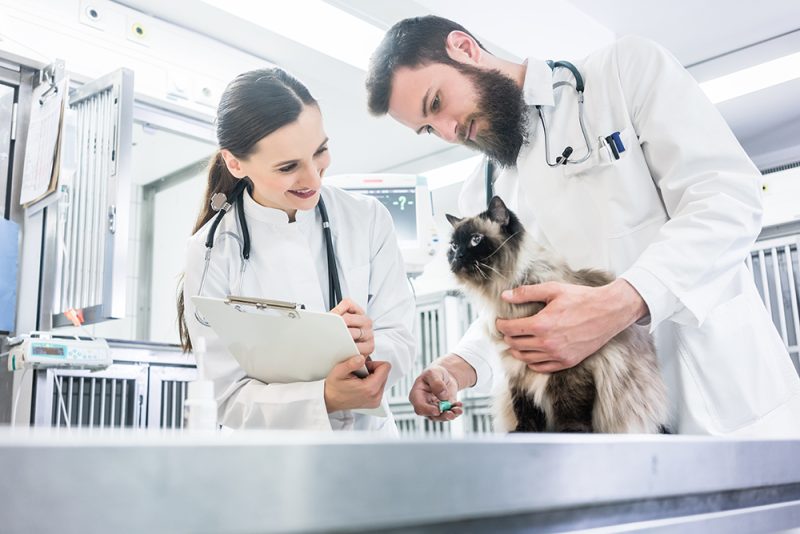
Acute
Acute detox is typically used for a kitty that has consumed or come in contact with high amounts of a toxin—rat poison, for example. The affected should be taken to a veterinarian in order to decontaminate their stomach or to remove the chemical from their fur. Supportive care in the form of fluids and supplements may be given, depending on the type of toxin and any signs that the cat is showing.
Chronic
Chronic detox is more of a long-term treatment, during which a kitty may be given repeat fluid treatments and supplements to help rid their body of toxins. This is meant more for cats with chronic illnesses, such as kidney disease. The best treatment will be determined by a veterinarian, so you shouldn’t try this on your own at home.
If you need to speak with a vet but can't get to one, head over to PangoVet. It's an online service where you can talk to a vet online and get the advice you need for your pet — all at an affordable price!


How to Flush Toxins Out of a Cat
If you’ve decided that a detox is just what your cat needs, don’t do it alone. You’ll want to consult with a veterinarian first to make sure that it’s the right path for your cat and that you’re doing the best course of treatment. Don’t give any over-the-counter detox cocktails to your cat without first making sure the ingredients and procedure are safe for felines.
The best option for detoxing your cat will be through a veterinarian. They will be able to give the fluids and initial treatment in the clinic, along with proper monitoring to make sure everything goes as planned. Certain treatment protocols may also entail giving supplements to your cat at home.
You should only detox your pet with the guidance of a vet. There are many factors to consider when choosing a detox product for a cat, and you don’t want to inadvertently give your feline friend something potentially dangerous. If a veterinarian isn’t comfortable with the detox process, look for a holistic vet who has been trained in this area.
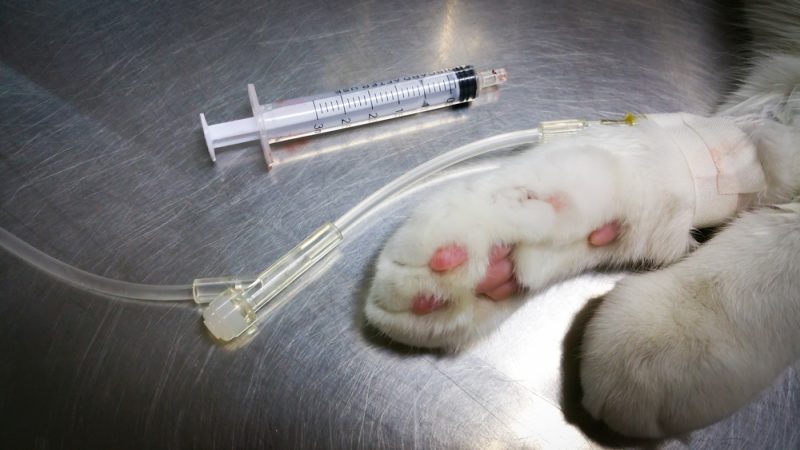

Frequently Asked Questions (FAQ)
What Are the Signs of Intoxication in Cats?
The build-up of toxins in a cat’s body can present itself in different ways. If your cat was exposed to high amounts of toxins all at once, they may vomit, have diarrhea, not be interested in eating, or have watery eyes, itchy skin, or other signs, depending on the area of the body that is affected. This is typically an emergency situation and you should see a vet immediately.
Chronic toxicity can show up as lethargy, a decreased appetite, and otherwise just not feeling right. Affected kitties may seem off for several days without any specific signs. This is a good opportunity to see a vet to find the underlying cause of the issue.
What Home Remedy Is Good for Cat Poisoning?
If your cat has been poisoned or you think that they require a detox, don’t try anything at home. Always see a veterinarian first for proper detoxification, whether for an acute or chronic issue.
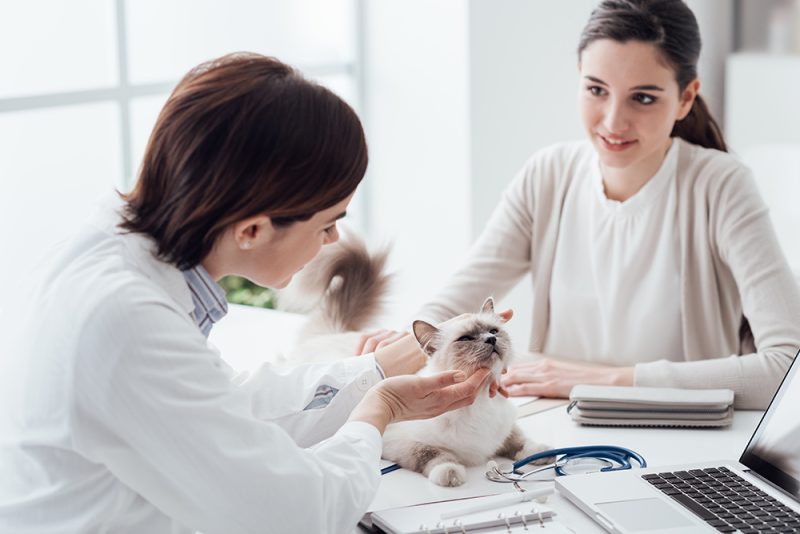

Conclusion
Detoxing is a popular health process in humans that has crossed over into the veterinary community. Most of the time, a healthy cat’s body will properly detoxify itself, but there are instances where a kitty could use help. Even in these cases, it’s always best to see a veterinarian to ensure that you aren’t giving your cat anything harmful and that you are going about the process in a safe and effective way.
See also:
- Can Cats Get Hemorrhoids? Vet-Approved Explanation
- How to Make a Cat Feel Better After Vaccines: 3 Vet-Approved Tips
Featured Image Credit: Stock-Asso, Shutterstock
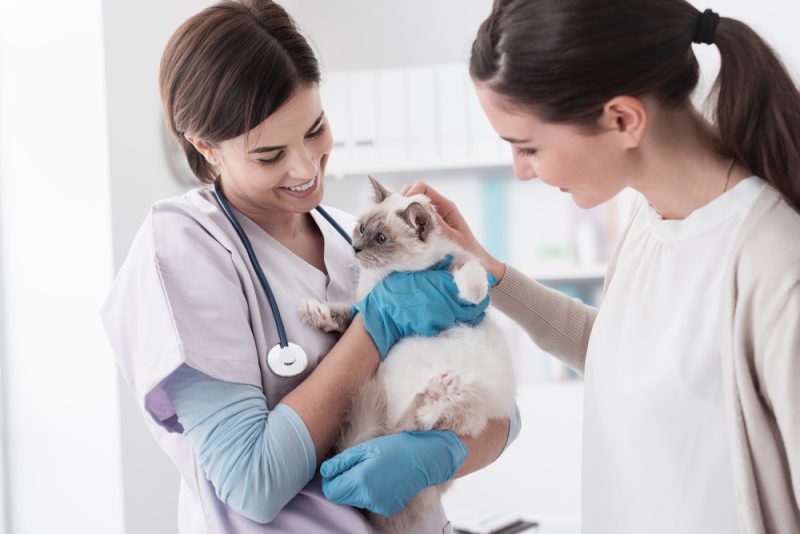

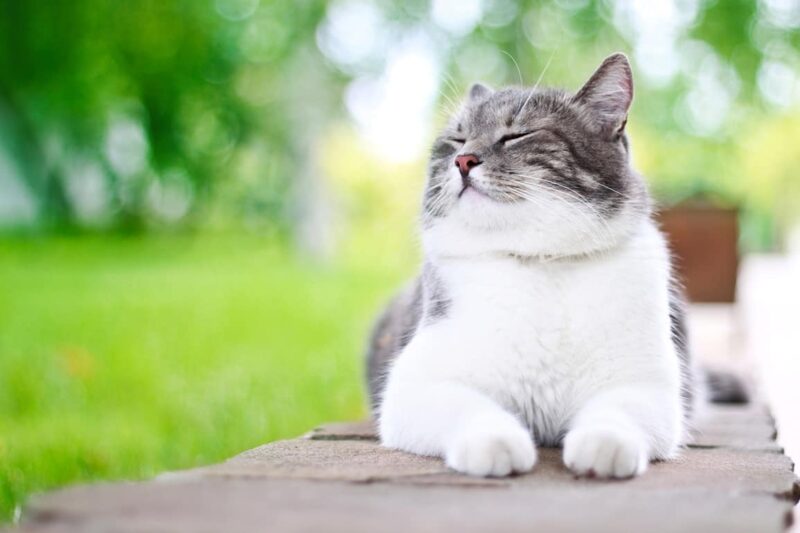



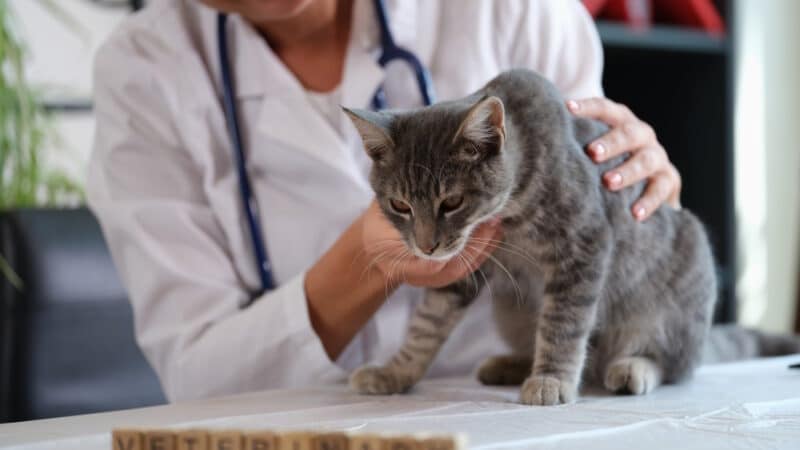
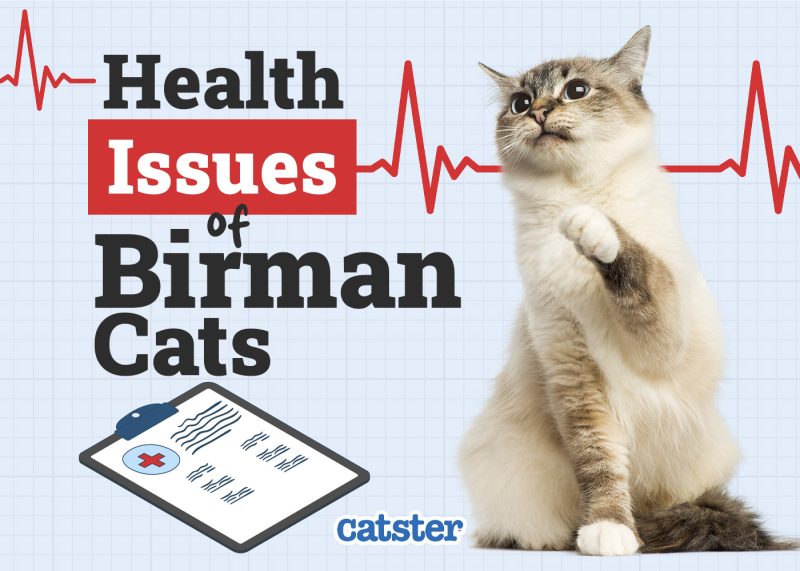



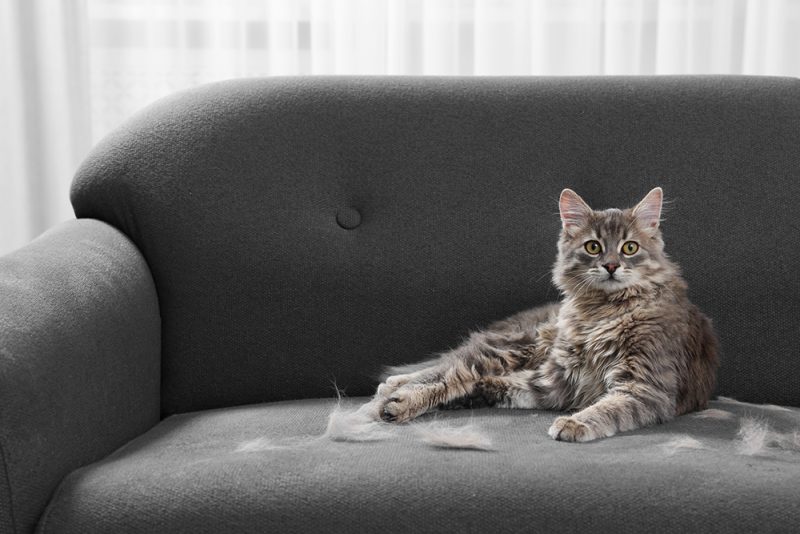
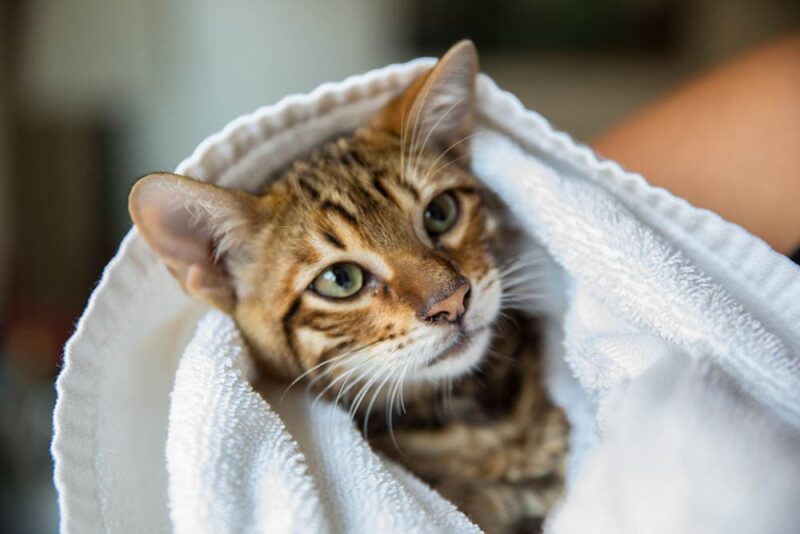


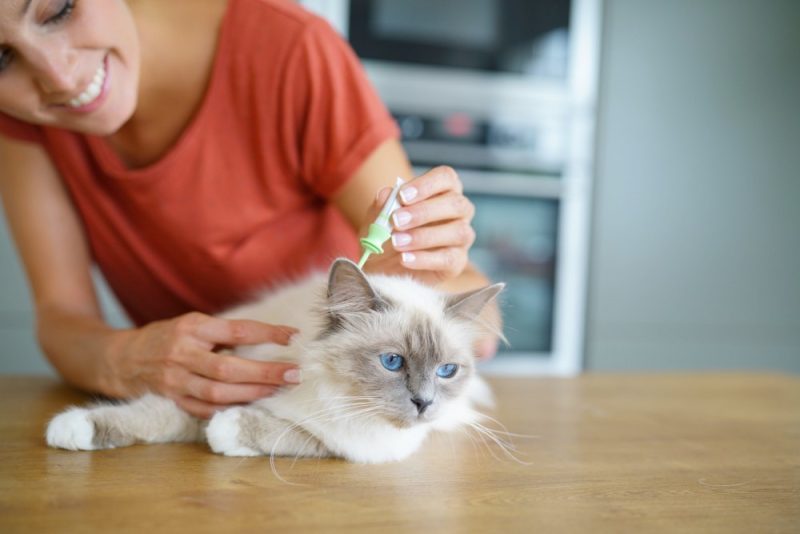



2 Responses
Hi my name is Angela and I have an issue with my cat I have expired everything that you can think of to relieve my cat he’s highly impacted with feces and it is very hard like concrete he had to have a procedure last year they were remove it but now that we touch him because they need like $1000 down and I don’t have the money Flush him or do something at home without him
Hi Angela, thank you for reaching out. It’s always very stressful when our pets are going through health issues and we want to help as best as we can. Without seeing your cat, it’s really hard to know what to do to help, but please do not do anything without the direction of a veterinarian. One thing I would like to recommend is booking an online consult with one of our vets at https://pangovet.com/ – (you can copy/paste this link into your browser and it will take you to the home page) – Our vets can give you more details and help create a plan for your cat. It may end up that surgery is the only method, but it’s worth discussing options to find out more. We hope this helps.